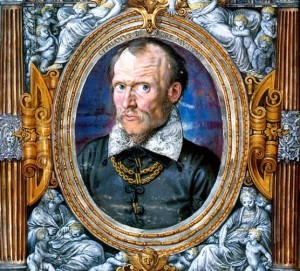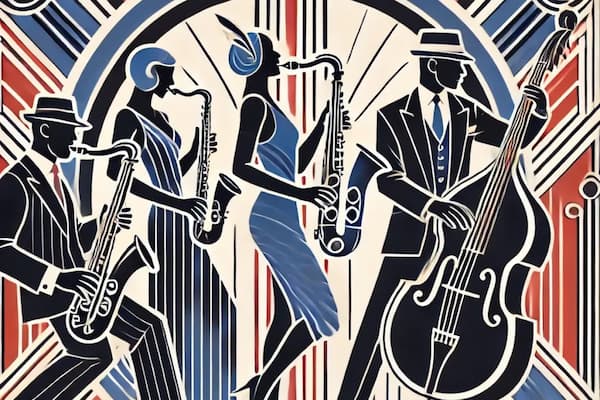
Cipriano de Rore
Rore was part of a wave of northern composers attracted by employment opportunities at the aristocratic courts and ecclesiastical institutions in Italy. Born in the small town of Renaix in Flanders, he got his first taste and education in music in Antwerp. But it was probably Margaret of Parma, the illegitimate daughter of Holy Roman Emperor Charles V, who persuaded the composer into coming to Italy. Margaret was born in a town within walking distance of Rore’s birthplace, and when she went to Naples in 1533, Rore may well have gone with her. Margaret eventually married Alessandro de Medici in 1536, and Rore made his way to Venice, Brescia, and eventually Ferrara. Rore’s first book of madrigals of 1542, published with assistance of the Venetian printer Scotto, became a veritable sensation! The composer skillfully married the polyphonic texture of the Netherlandish motet with the Italian secular form, and “established a seriousness of tone which was to become one of the predominant trends in madrigal composition all the way into the 17th century.” According to Alfred Einstein, “all the lines of development in the madrigal can be traced to ideas first seen in Rore; his only true spiritual successor was Claudio Monteverdi.”
In 1546, Rore was appointed “maestro di capella” at the court of Duke Ercole Il d’Este in Ferrara. Over a highly productive decade, he composed a large number of masses, motets, chansons and madrigals. Family emergencies saw Rore back in his homeland, but by 1560 he returned to Italy, and to employment in Parma. For a brief period of time he also held the highly prestigious position of maestro di cappella at St. Mark’s in Venice, but died at age 49 of unknown causes in Parma. In all, Rore wrote 107 madrigals and a substantial number of sacred compositions. He was highly respected and admired during his lifetime, and Monteverdi saw in his music the foundation of the Baroque musical style.
Qualhor rivolgo il basso mio pensiero,
| Qualhor rivolgo il basso mio pensiero, Signor, alla tua altzezza, ei miei diffetti Nella legge de’ tuoi santi precetti Veggio come’n cristal, chiaro e sincero. Sento la carne mia che pugn’alvero, Né mi lascia gioir de’ tuoi perfetti Meriti, vero dono delli elletti Ond’io poter mio più mi dispero. Ma pur in te sperar perfetta aita; D’amarte con il cor, o Padre eterno, Non mi tuoran questi carnali sensi E’l tuo figlio adorar, come conviensi Spreggiando l’empia mort’e’l scuro inferno, Ch’ a noi è via, veritade e vita. | Whenever I direct my lowly thoughts, Lord, to thee on high, and see my defects in the light of thy holy process as in a clear, unclouded glass. I feel my flesh convulsing against the truth, nor does it allow me to rejoice in thy perfect merits, true gift of soul elect. whence I despair deeply of my strength. But yet I hope for perfect aid from thee to love thee from my heart, eternal Father, unchained from these fleshly senses, and to adore thy Son, as it meets, despising profane death and the black pit, for he is the way, the truth and the life. |
Cipriano de Rore: Qualhor rivolgo il basso mio pensiero


